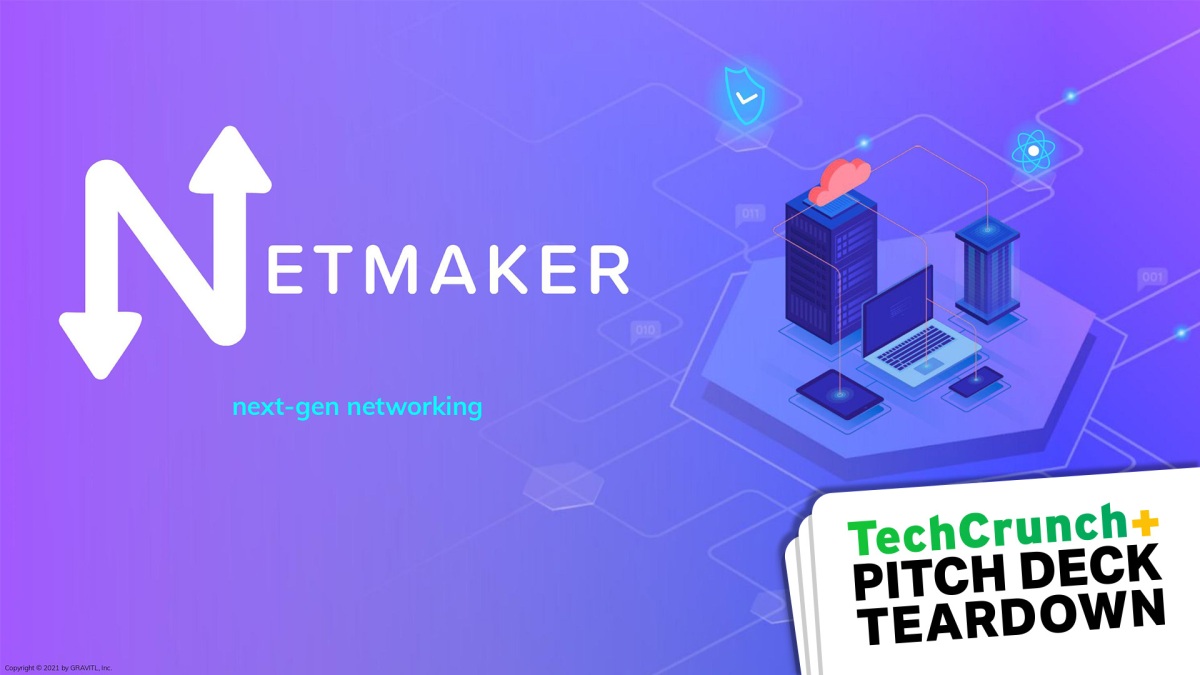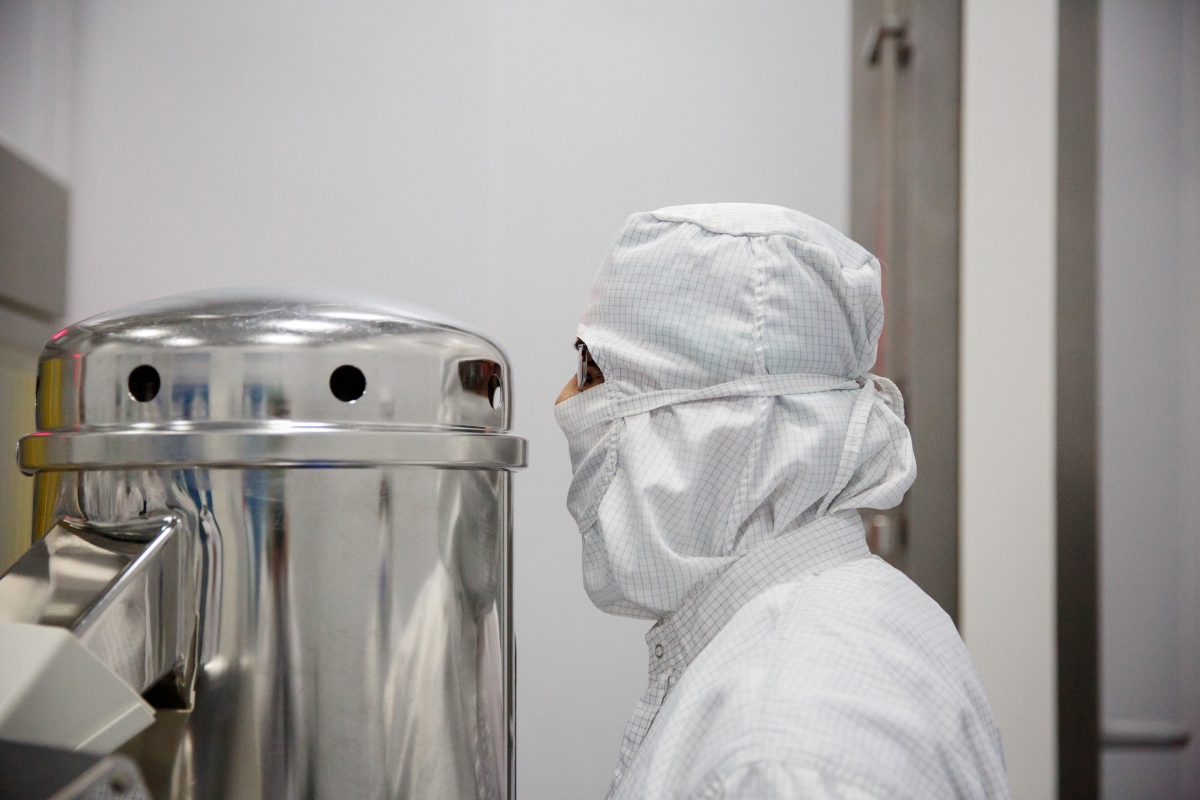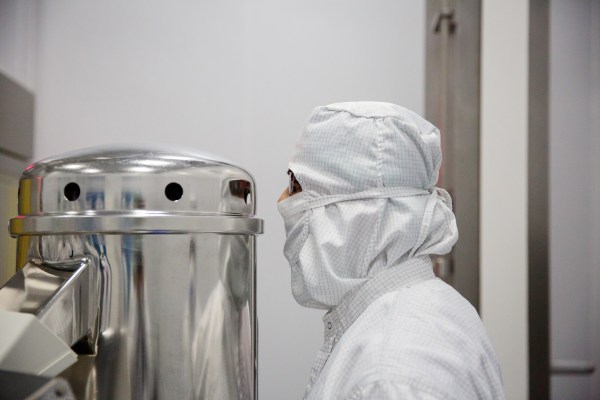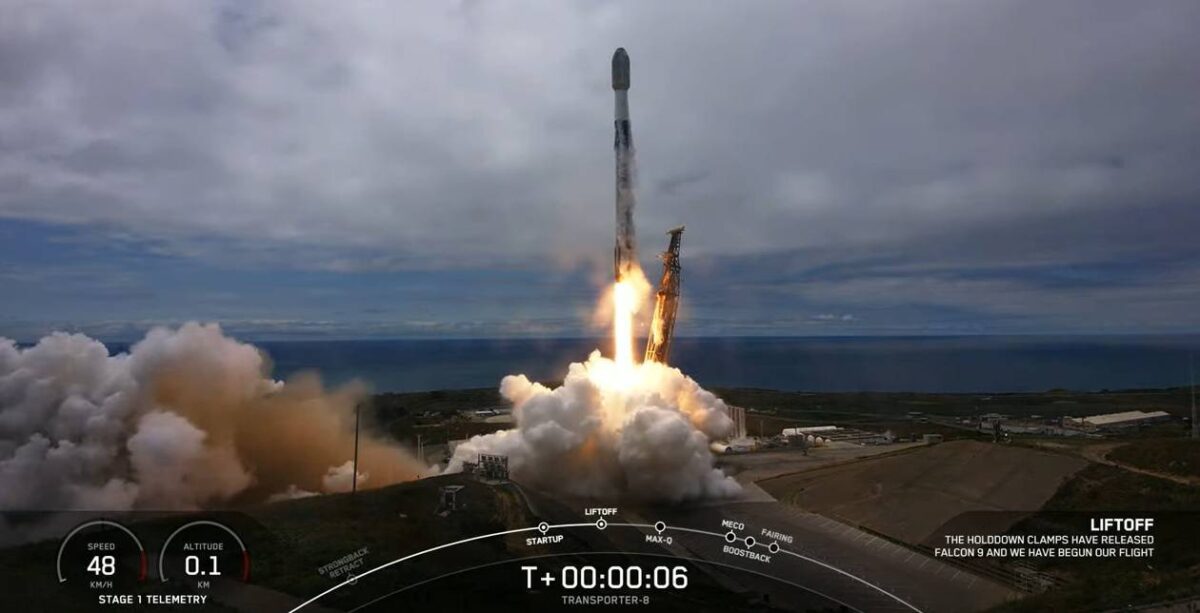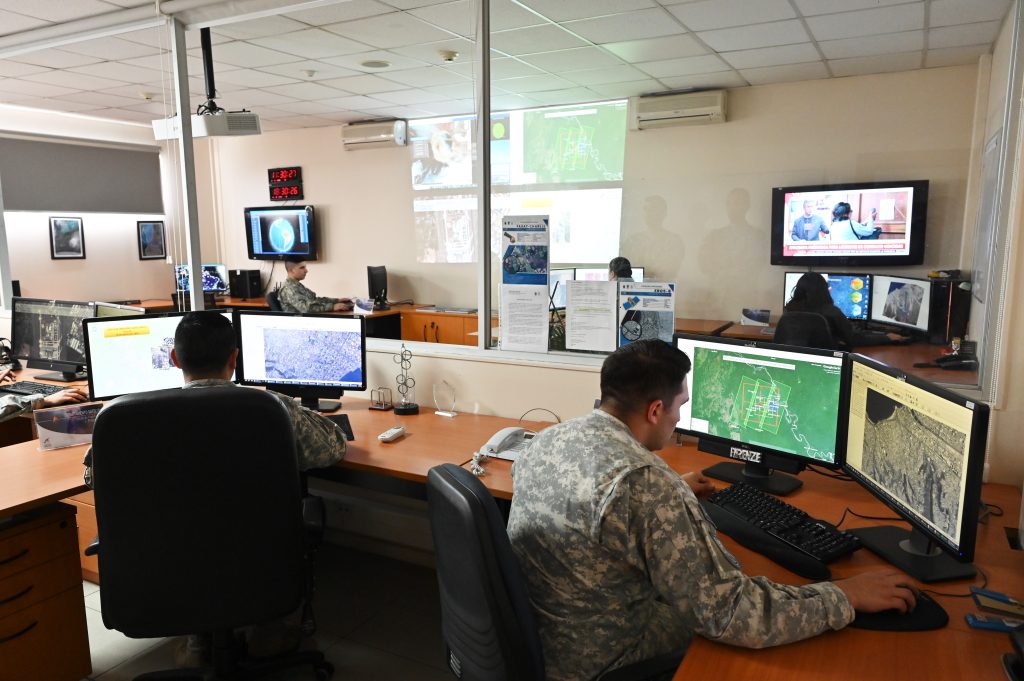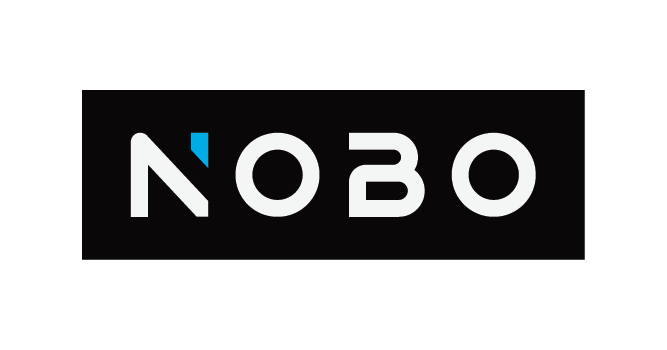[ad_1]
As technology continues to advance at a rapid pace, so does the concept of the smart home. Imagine a world where your home is fully automated, responding to your every need and preference. Thanks to the emerging field of natural language processing (NLP), this scenario is swiftly becoming a reality.
In-home automation has already gained considerable popularity, with devices such as smart thermostats, voice assistants, and security systems becoming commonplace. These devices make our lives more convenient and efficient, allowing us to control various aspects of our homes with simple voice commands or through smartphone apps. However, as impressive as these advancements are, there is still significant room for improvement.
This is where NLP comes into play. NLP is a branch of artificial intelligence (AI) that focuses on the interaction between human language and computers. It enables machines to understand, interpret, and respond to human language in a natural and meaningful way. By integrating NLP into smart home devices, we can take automation to a whole new level.
One of the key benefits of NLP in the context of smart homes is enhanced communication and interaction. Instead of having to rely on specific commands or limited interactions, NLP allows for more natural and conversational interactions with our devices. For example, instead of saying “turn off the lights in the living room,” we can simply ask, “hey, can you dim the lights in here?” The device, equipped with NLP capabilities, understands the context and responds accordingly.
Moreover, NLP can enable improved personalization and customization in smart home automation. By understanding the nuances in our language and preferences, devices can adapt to our individual needs and provide tailored experiences. For instance, if we say, “I’m feeling a bit chilly,” the thermostat can not only adjust the temperature but also offer suggestions for cozy activities like playing soft music or turning on the fireplace.
Security and privacy are also areas where NLP can have a significant impact. With more advanced language processing capabilities, devices can better understand and validate user identities, reducing the risk of unauthorized access to our smart homes. Additionally, NLP can be used to filter and categorize the information collected by these devices, ensuring that only relevant and necessary data is stored, protecting our privacy.
Another exciting application of NLP in the smart home sector is the ability to predict and automate actions based on context. By analyzing patterns in our speech and behavior, devices can anticipate our needs and proactively perform tasks without explicit instructions. For instance, if we often ask to play relaxing music before going to bed, the device can automatically initiate that action at the appropriate time, saving us the effort of repeating the same command every night.
However, it is important to address the challenges that come with integrating NLP into smart home devices. Language is complex, with various dialects, accents, and idioms that can pose difficulties for accurate understanding. Additionally, ensuring user privacy and data security is a critical concern that needs to be carefully addressed.
In conclusion, the future of smart home devices is promising, and natural language processing is at the forefront of this evolution. By enabling more natural and personalized interactions, NLP enhances in-home automation, making our lives more convenient, efficient, and enjoyable. As technology continues to advance, we can expect further improvements in this field, bringing us closer to the fully automated and intelligent homes of our dreams.
[ad_2]





